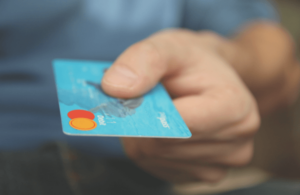You didn't think twice when you swiped your debit card at the gas pump, but now you have charges on your account from businesses you've never even heard of. Like most of us, you probably thought identity theft was something that happened to other people before you experienced card fraud.
First, rest assured you're not alone. Around 2.8 million cases of identity theft were reported to the Federal Trade Commission in 2021.¹ The good news from those high numbers is that credit bureaus, credit card companies, banks, and the FTC all have specific, targeted protocols in place so you can report and recover from identity theft.
In this article, we'll walk you through exactly what to do if your identity is stolen so you can move on with your life.





